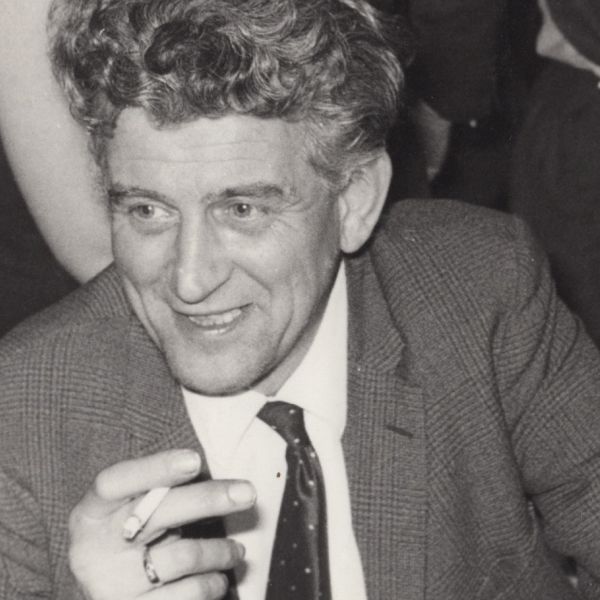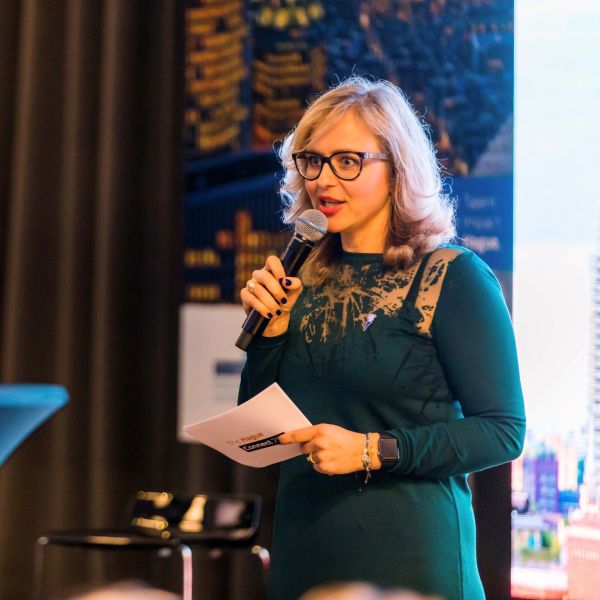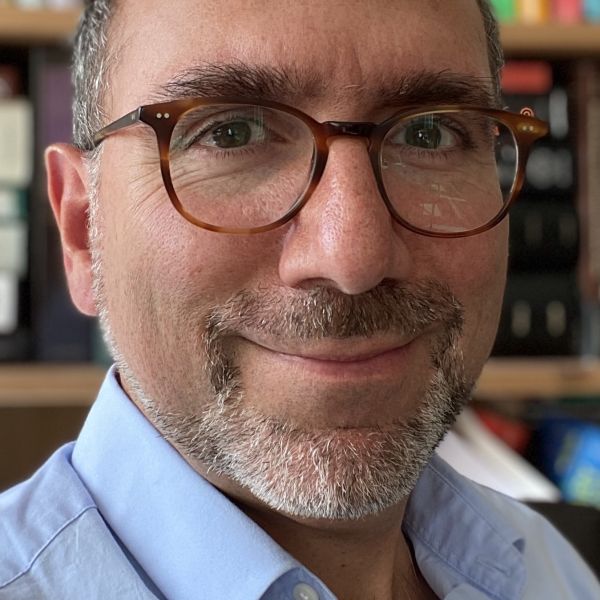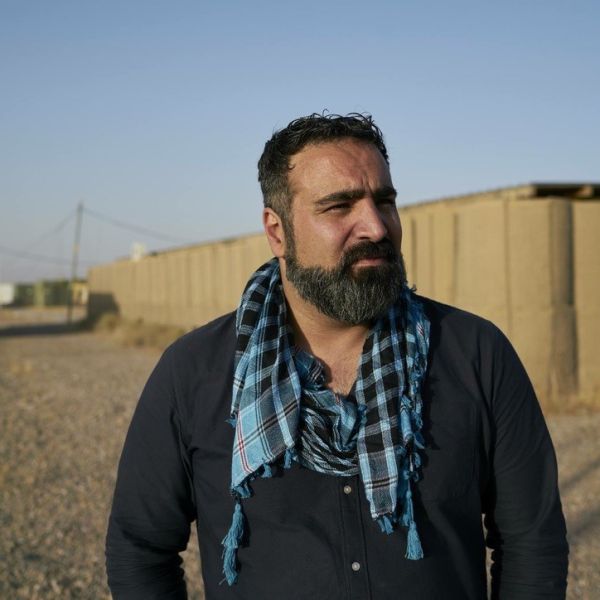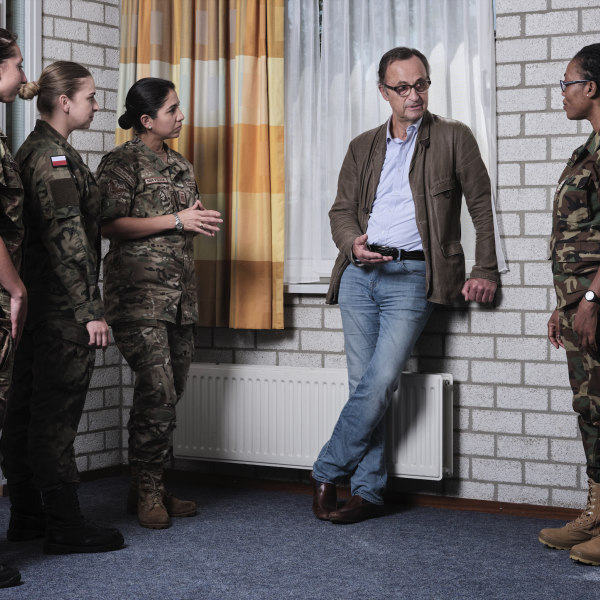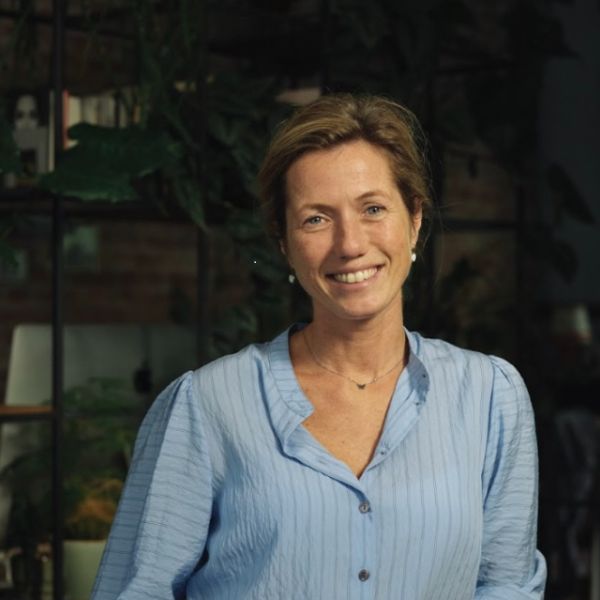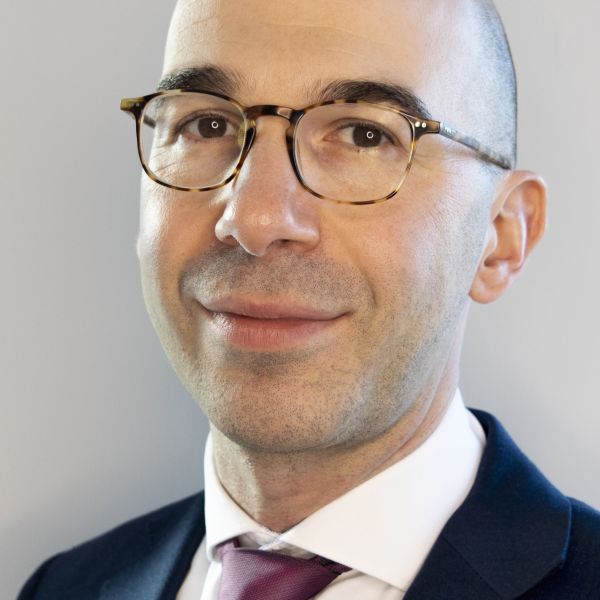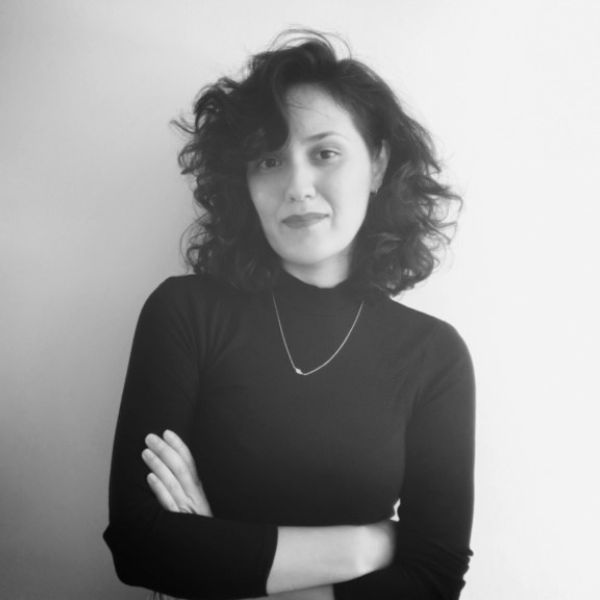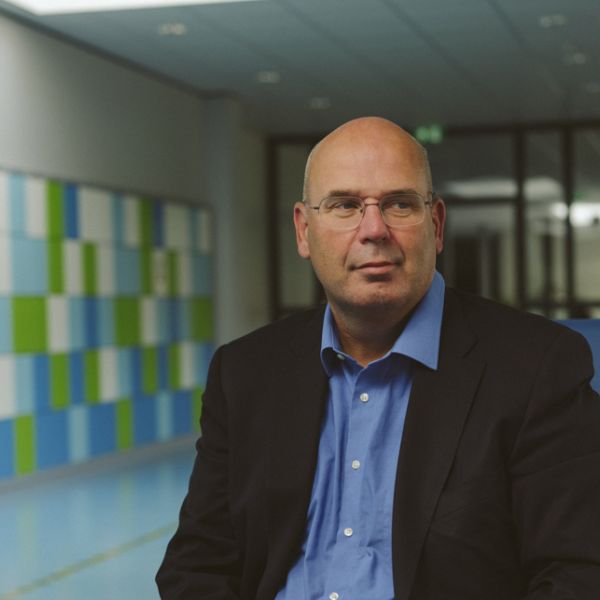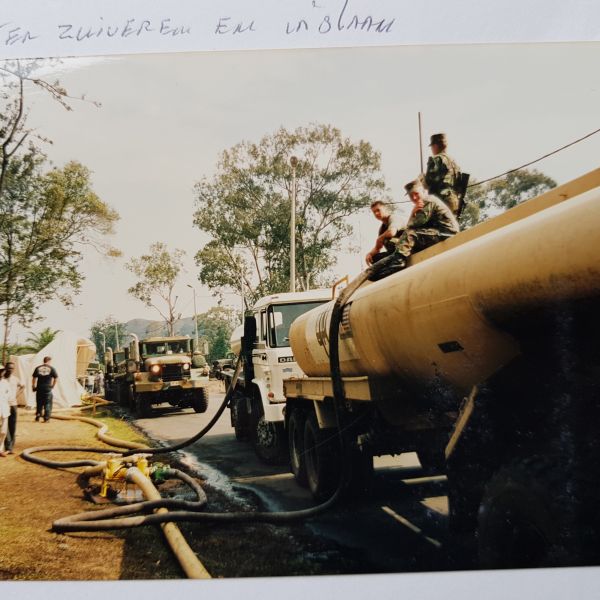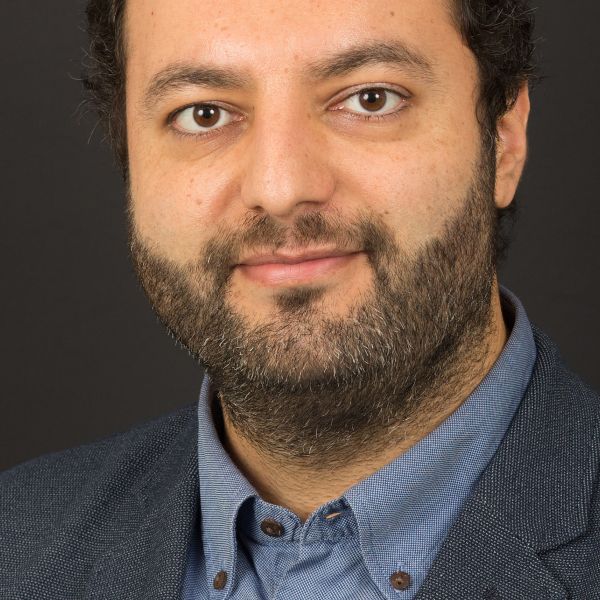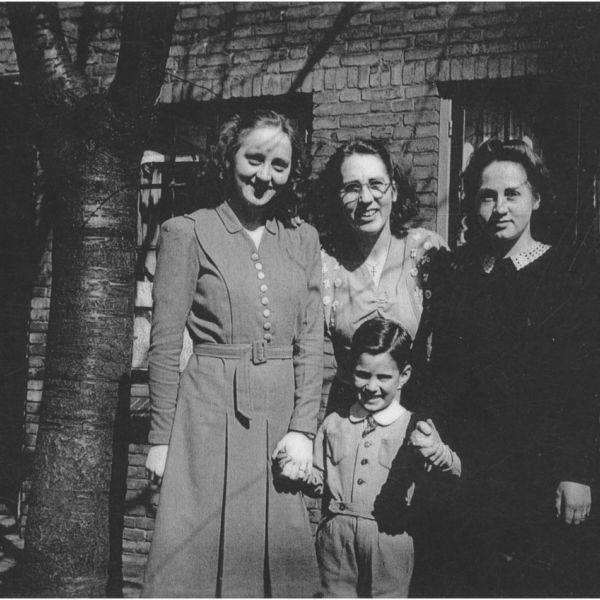75 years of UN in 75 stories: Harriet Anena
Harriet Anena, a 34-year-old Ugandan author, saw the horrors of Joseph Kony’s Lord's Resistance Army (LRA) in northern Uganda first-hand.
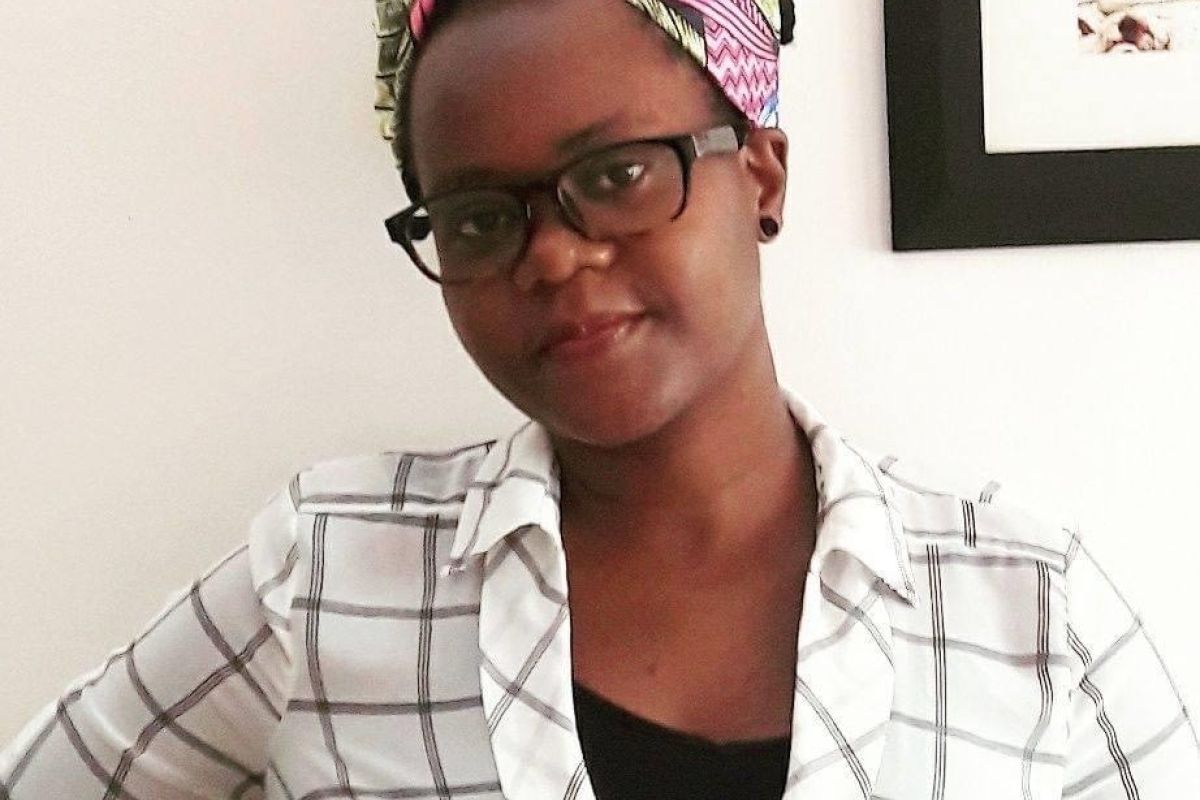
The Lord’s Resistance Army (LRA) started operating in northern Uganda at the end of the 1980s. The leader of this rebel group, Joseph Kony, profiled himself as a prophet and tried to establish his own state under his own free interpretation of Christian law. With their guerilla tactics, Kony and his army destabilised large areas of Uganda, the Central African Republic, Congo and South Sudan. They attacked villages and pressed young children into service as soldiers for the LRA, and inflicted sexual violence on women and girls. In the decades that followed, they conscripted tens of thousands of young boys as child soldiers.
In 2003, the President of Uganda asked for the help of the International Criminal Court. Initially, there was little international attention for the crimes of the LRA, and the United Nations was reluctant to get involved. It was not until 2012 that the UN Security Council condemned the violence of the LRA and the UN called for the support of the international community in the fight against Kony’s rebel army. The UN also called for the arrest and trial of the perpetrators. In 2015 one of the leaders of the LRA, former child soldier Dominic Ongwen, was arrested in the Central African Republic and tried at the ICC. Kony himself remains at large.
“Ma was there, every time the danger came back”
“It was 1997. We, the grandchildren, were going on a trip to see my grandmother, like we always did in December. Ma, as we called her, owned several pieces of land, a ramshackle house with a metal roof, eight huts, and some goats and chickens. The girls slept in the kitchen hut. After doing chores, we got to eat fruit and sugar cane, and the boys went out hunting birds.
As children, we never had any sense of the war that still raged on. One night Ma shook us all awake. ‘Lukwena!’ she whispered. ‘Rebels,’ she repeated in Acoli, with urgency in her voice. The sound of gunfire ripped through the air. Stumbling and falling, we ran through the potato fields and the brush. We arrived at another piece of land that Ma owned, one kilometre away, and hid under a great tree. ‘You’ll be safe here,’ she said. I didn’t understand why the bush would be safer than home. I was scared to death. We spent the whole night swatting mosquitoes.
“Every night the danger came back and we fled to the marsh for safety”

After that, our life changed for good. Every night the danger came back and we fled to the marsh for safety. But Ma was there, every time.
In years after 2000, the rebels intensified their attacks. Girls were being kidnapped to become the ‘wives’ of rebel commanders. Boys were being pressed into service as soldiers and forced to fight with the LRA. People were being raped, killed, mutilated. One day we were tired of all that sleeping in the marsh and we stayed home. The rebels came, and they kidnapped the children from all around but thank God they passed our place by. At that moment, Ma’s words suddenly made sense to me: Home is not safe.
Ma’s courage always stayed with me. She showed me that even in times of uncertainty and danger, you can still find hope. Most of my early writings are a testament to strong women like Ma, who had to survive such horrible things.”
Er is slechts één plek op aarde waar bijna alle landen van de wereld met elkaar aan tafel zitten: de Verenigde Naties. De VN richt zich op kwesties die de grenzen van landen overstijgen of zelfs de hele wereld aangaan, zoals vrede en veiligheid, klimaatverandering, onderwijs, gezondheid, cultureel erfgoed, economische ontwikkeling, en meer. Voor velen lijkt het werk van de VN erg abstract, maar door in gesprek te gaan met reddingswerkers, vredeshandhavers, hulpverleners, diplomaten, ooggetuigen, soldaten, en anderen die betrokken zijn bij de VN, wordt duidelijk hoe belangrijk het werk van deze organisatie is. Dit is precies wat het Humanity House heeft gedaan. Helaas heeft deze organisatie zijn deuren moeten sluiten, maar Just Peace en Museon-Omniversum hebben de handen ineengeslagen om hun verhalen te bewaren. Je kunt deze verhalen nu vinden op de website van Just Peace, en een deel ervan is ook opgenomen in een tentoonstelling over de VN in Museon-Omniversum.
The 75 Years of UN Stories were collected and curated by Frederiek Biemans for Humanity House.
